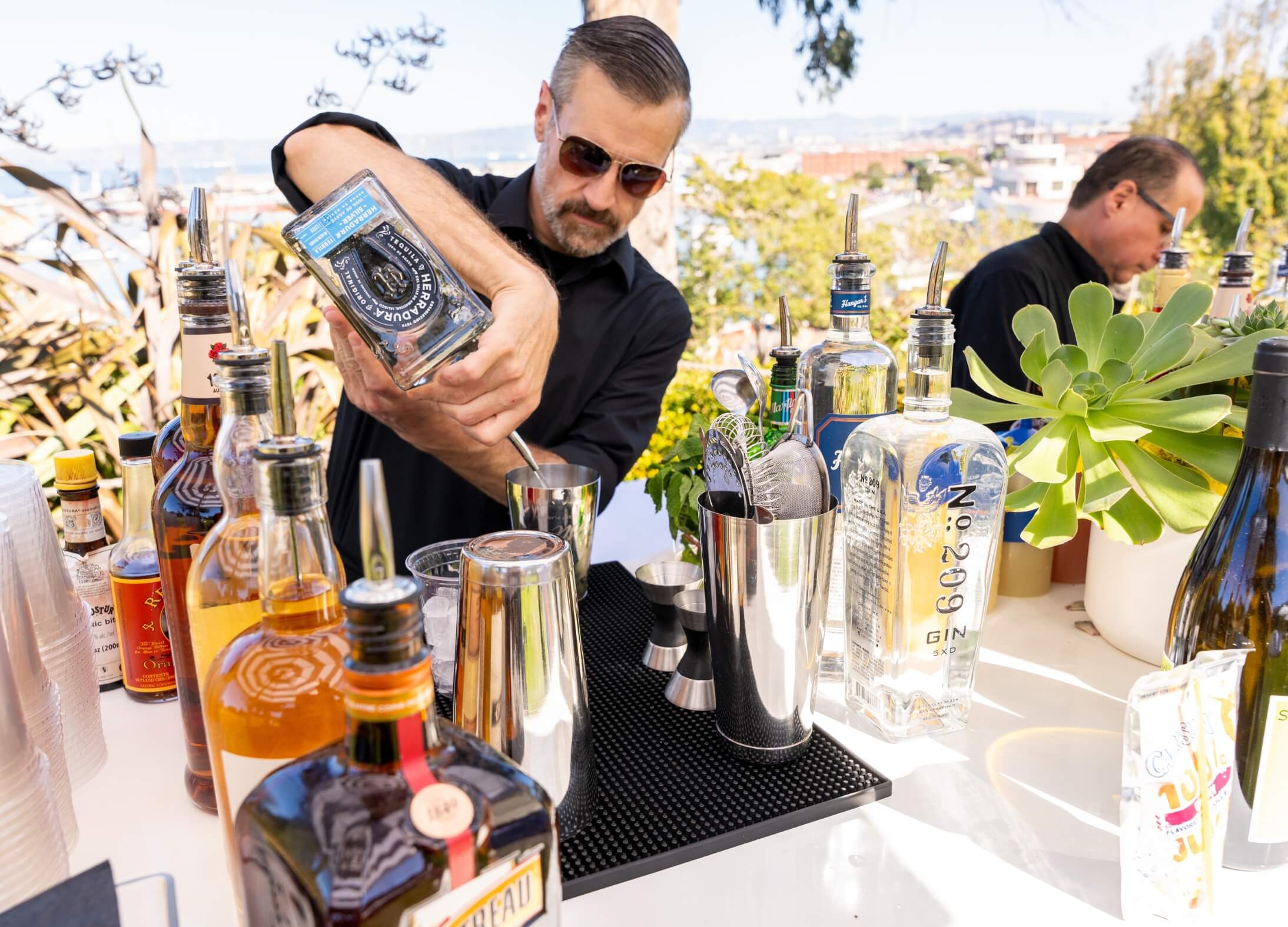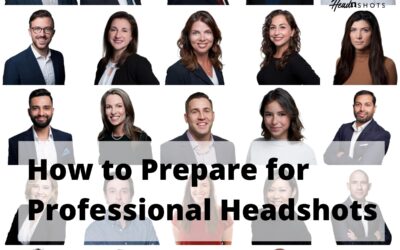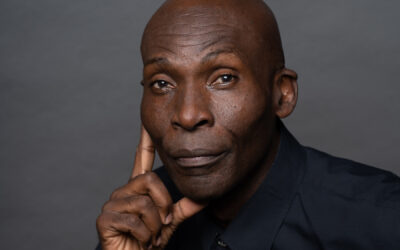Event photography is a unique and exciting field that requires a specific set of skills and techniques. Whether you’re capturing a corporate conference, a wedding, or a music festival, event photography is all about capturing the essence of the event and creating unforgettable memories for your clients.
In this article, we’re helping other photographers explore the world of event photography and provide tips and tricks for mastering this specialized form of photography.
What is Event Photography?
Event photography is the art of capturing moments and emotions at a specific event. It can range from corporate events, such as conferences and trade shows, to social events like weddings and parties, to large-scale events like music festivals and sporting events.
The goal of event photography is to document the event and create a visual record that captures the atmosphere, emotions, and key moments of the event. It requires a combination of technical skills, creativity, and the ability to work in a fast-paced environment.
The Importance of Event Photography

Event photography is an essential part of any event planning process. It not only provides a visual record of the event but also serves as a marketing tool for future events. High-quality event photos can be used for promotional materials, social media, and press releases, helping to attract more attendees and sponsors for future events.
Moreover, event photography is a way for attendees to relive the event and share their experience with others. It captures the emotions and memories of the event, making it a valuable investment for event organizers and attendees alike.
Essential Equipment for Event Photography
To capture stunning event photos, you’ll need the right equipment. Here are some essential items to have in your event photography kit:
Camera
The most important piece of equipment for event photography is, of course, a camera. While any camera can be used for event photography, a DSLR or mirrorless camera with interchangeable lenses is recommended for its versatility and image quality.
Lenses
Having a variety of lenses in your kit is crucial for event photography. A wide-angle lens (24mm to 35mm) is ideal for capturing group shots and the overall atmosphere of the event, while a telephoto lens (70mm to 200mm) is perfect for capturing candid moments and details from a distance.
Most event photographers carry both types of lenses in their event kit.
If you’re interested in perfecting your kit, Frederic Paulussen has a great article on how to select lenses for event photography.
Flash
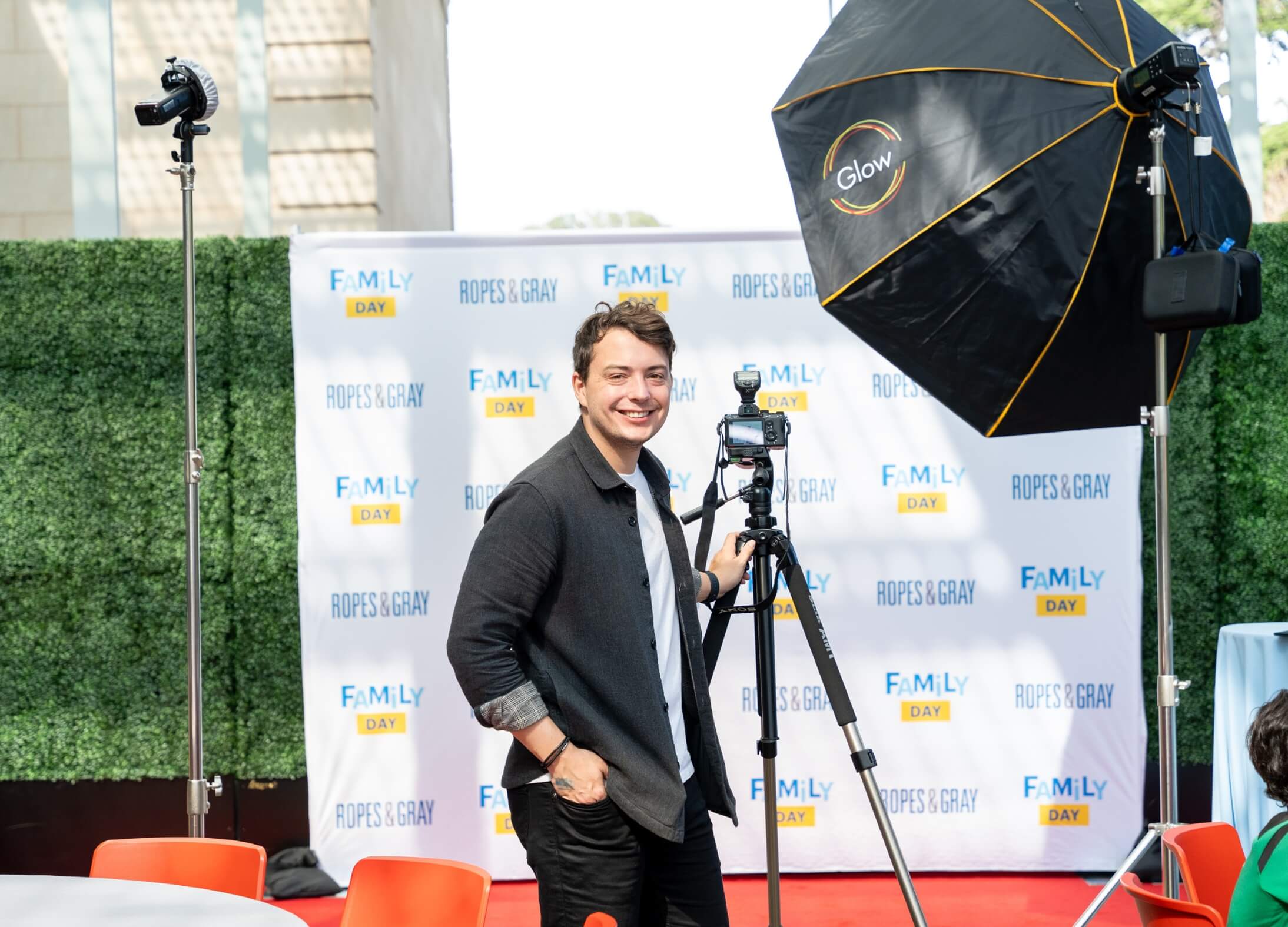
A flash is essential for event photography, especially for indoor events or low-light situations. A speedlight or external flash can help you achieve better lighting and avoid harsh shadows in your photos.
Flash is also critical if you are working a Step-and-Repeat background, because those are typically done at night.
Tripod
While not always necessary, a tripod can be useful for event photography, especially for long exposure shots or group photos. It can also help you stabilize your camera and avoid blurry photos in low-light situations.
As you likely won’t be standing anywhere for too long, we would recommend a lighter tripod that can be easily assembled and disassembled.
Memory Cards and Batteries
Make sure to have plenty of memory cards and fully charged batteries in your kit. You don’t want to run out of storage space or battery power in the middle of an event. You’re going to be taking a LOT of photos, so plenty of memory is critical.
We wouldn’t recommend going to any type of event with memory card capacity of less than 32gb. For major conferences and trade shows, we’ll use 128gb cards, and have a backup!
Tips for Mastering Event Photography
Now that you have the essential equipment, here are some tips for mastering event photography:
Plan Ahead
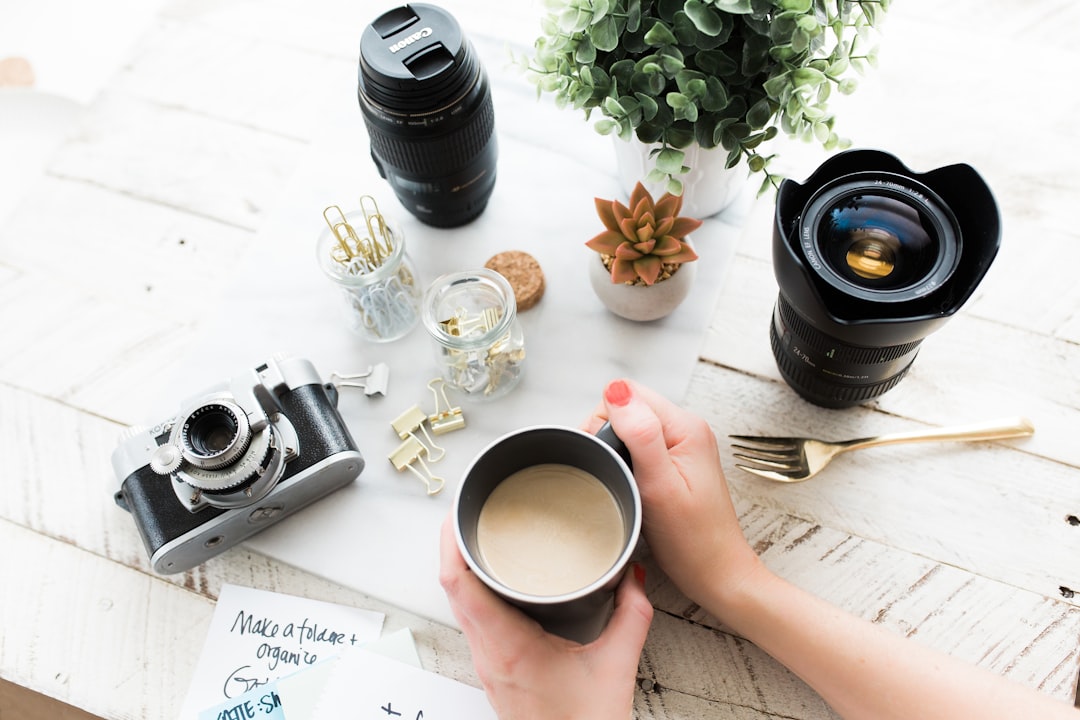
Before the event, make sure to communicate with the event organizer and get a detailed schedule of the event. This will help you plan your shots and ensure you don’t miss any important moments.
You should be working with the organizer to create an event photography shot list, so that you don’t miss anything important.
Scout the Location
If possible, visit the event location before the event to familiarize yourself with the space and lighting conditions. This will help you plan your shots and make any necessary adjustments to your equipment.
Capture Candid Moments
While posed shots are important, candid moments can often be the most memorable and emotional. Keep an eye out for candid moments and be ready to capture them quickly.
Use Different Angles

Don’t be afraid to experiment with different angles and perspectives. This can add variety to your photos and make them more interesting.
Be Mindful of Lighting
Lighting can make or break a photo, so pay attention to the lighting conditions at the event. If possible, use natural light or a flash to avoid harsh shadows and achieve the best lighting for your photos.
Offer Event Photography Packages
To attract more clients and increase your revenue, consider offering event photography packages. These can include a set number of photos, prints, and even a photo album or digital gallery.
But, for 95% of events, your clients will probably only want digital images.
Real-World Examples of Event Photography
To see event photography in action, let’s take a look at some real-world examples:
Corporate Event Photography

For corporate events, such as conferences and trade shows, event photography is crucial for capturing the atmosphere and showcasing the event to potential attendees and sponsors. These photos can also be used for marketing materials and social media.
HeadShots Inc offers business event photography services across the USA.
Conference & Trade Show Event Photography
Trade shows photography is a specialized form of event photography that requires a unique set of skills and techniques. You’ll need to master taking compelling photos of trade show booths and other types of commercial exhibits.
As many of the sponsors are paying big bucks to sponsor a booth at the event, you’ll need to make them look good.
Music Festival Photography
Music festivals are a great opportunity for event photographers to capture the energy and excitement of the event. From the performances to the crowd, there are endless opportunities for stunning photos.
Wedding Photography
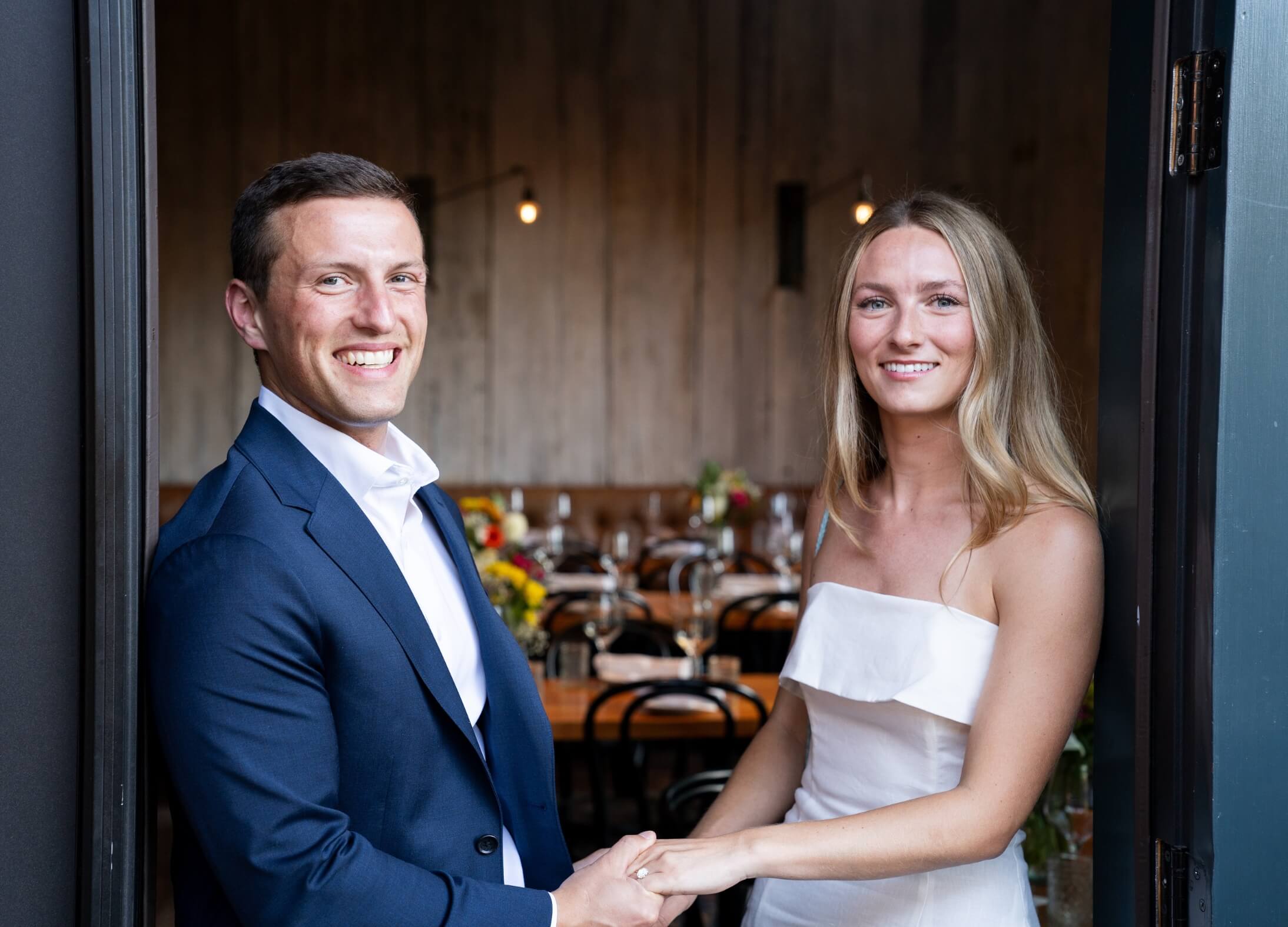
Weddings are one of the most popular and lucrative forms of event photography. However, we would not recommend offering a wedding package unless you’re very experienced.
Are you just starting out? The best way to get experience is to assist for an established wedding photographer for at least a year.
How to Get Started in Event Photography
If you’re interested in pursuing event photography, here are some steps to get started:
Build Your Portfolio
Before you start offering your services, make sure you have a strong portfolio to showcase your skills and experience. You can start by photographing events for friends and family or volunteering to photograph events for local organizations.
Network
Networking is crucial for finding clients and building your reputation as an event photographer. Attend industry events, join photography groups, and connect with event planners and organizers to expand your network.
Invest in Your Skills
To stay competitive in the event photography industry, it’s important to continuously invest in your skills and knowledge. Attend workshops, take online courses, and stay up-to-date with the latest trends and techniques in event photography.
Conclusion
Event photography is a dynamic and exciting field that requires a combination of technical skills, creativity, and the ability to work in a fast-paced environment. By following these tips and continuously investing in your skills, you can master the art of event photography and capture unforgettable moments for your clients.

